
The positive effects of lottery ticket sales on a c-store become magnified when a customer receives a big payout.
Everyone likes to win money. Lottery players are no exception. That probably explains why there are thousands of different lottery games available across 44 states, Washington DC, Puerto Rico, and the Virgin Islands.[1]
The lion’s share of these games are retailed through convenience stores. Last year, according to NACS[2], c-stores were responsible for approximately 63% of lottery sales. The same NACS report also discloses that the average retailer makes approximately $24,000 in gross annual revenue selling lottery products. It’s a win-win, which helps explain why the histories of c-stores and lottery are deeply intertwined.
Operators usually make a percentage of retail on the games that are sold, but the benefits to the c-store go beyond that, advantages that become exponentially magnified when a store’s customer scores a huge win. It starts with free publicity, as almost any notable prize will get picked up by the local press. Here are a few recent examples:
Stories like these tend to create at least a passing interest in the consumers that read them, elevating the visibility of the store in their market. The foot traffic and interest in other merchandise that are a fundamental reason for carrying these games may increase, too. Lottery players tend to have favorite stores, so a few well-publicized wins can make that bond stronger and longer lasting.
Lotto-type games have been around for a while. Their history can be traced back to ancient times, with the first known related game originating in China around 200 BC. Involved players selected numbers and placed bets on the outcome of a draw. It became popular and spread to other countries over the centuries.
In the 15th century, the Italian game of “Lo Giuoco del Lotto D’Italia” was created, which is considered one of the earliest forms of modern lotto. The game involved players selecting numbers and matching them to a series of drawn numbers to win prizes. Lotto games became popular throughout Europe in subsequent centuries, with many countries developing their own versions of the game.
In 1964, the first modern lottery game was introduced in the United States when New Hampshire started selling tickets for a weekly draw called the New Hampshire Sweepstakes. This marked the beginning of the lottery industry in the US, which grew rapidly as more states began offering their own variations.
Lottery tickets—commonly know as “scratchers”—came along relatively late in the game, so to speak, being introduced in the United States in the 1970s. The first scratch-off game was introduced by the Massachusetts State Lottery in 1974, and it quickly became popular. Now almost every c-store boasts a colorful display of tickets of varying prices.
To really work for the c-store, though, scratcher games must be managed rigorously. Ticket margins tend to be quite thin, and, in addition, their small physical size makes them easy to misplace and vulnerable to theft. To realize their full profit potential takes an operator who is detailed and scientific in their approach; counts must be reliable and verified. This is easier said than done, when your busy store is pulling your attention in a variety of different ways.
To help c-store staff deal successfully with these challenges, SSCS developed Lottery Management software. Delivered on a rugged handheld device with a built-in scanner, the Lottery app adds speed, accuracy, and touchscreen convenience to the scratcher tracking process, from start to finish. Scan a ticket pack out of inventory, activate it, and associate it with a bin for the life of the pack. Let software handle the count, immediately and accurately. Web-based tools allow for additional reporting and analysis of each game’s performance, to help ensure you get the most out of your scratchers.
Games of chance can be fun, but not when your store relies on them for profit. If you are someone that is looking for a better solution for managing scratchers, SSCS Lottery Management is an attractive option. We’d be happy to provide more details about how the software works. Just give us a call (800) 927-7727, a winning number if we’ve ever heard one.
[1] Alabama, Alaska, Hawaii, Nevada, Utah, and Mississippi are the exceptions.
[2] National Association of Convenience Stores

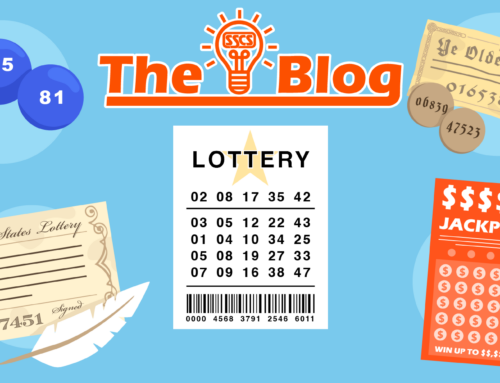
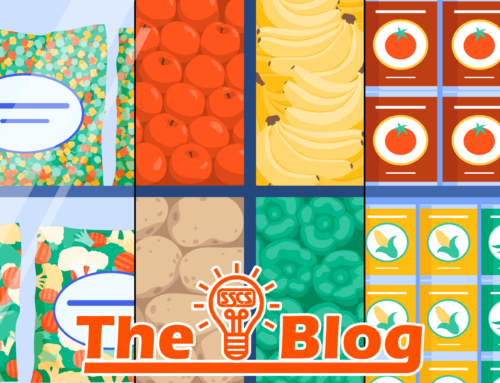
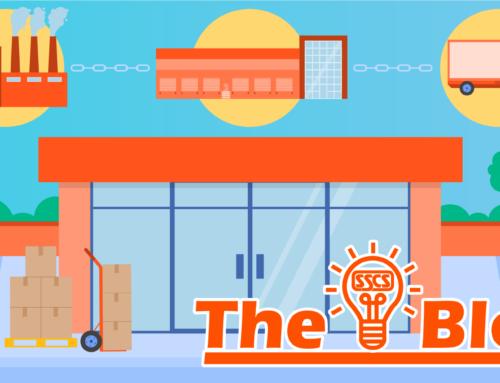
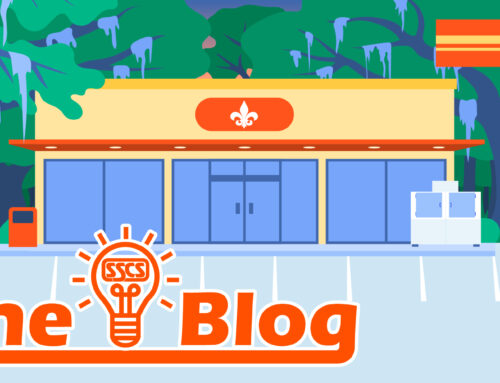
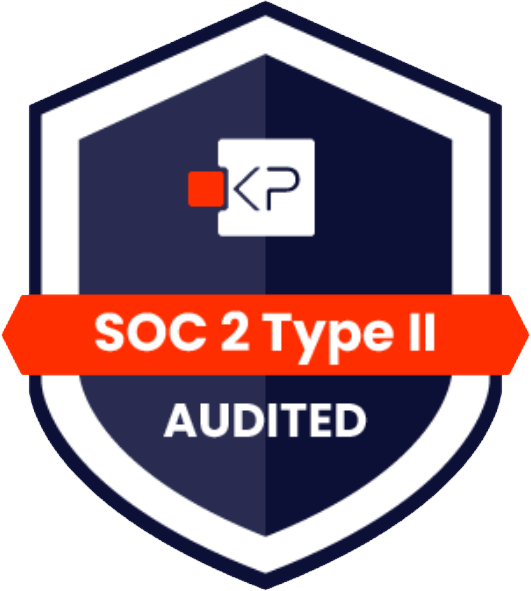
Leave A Comment